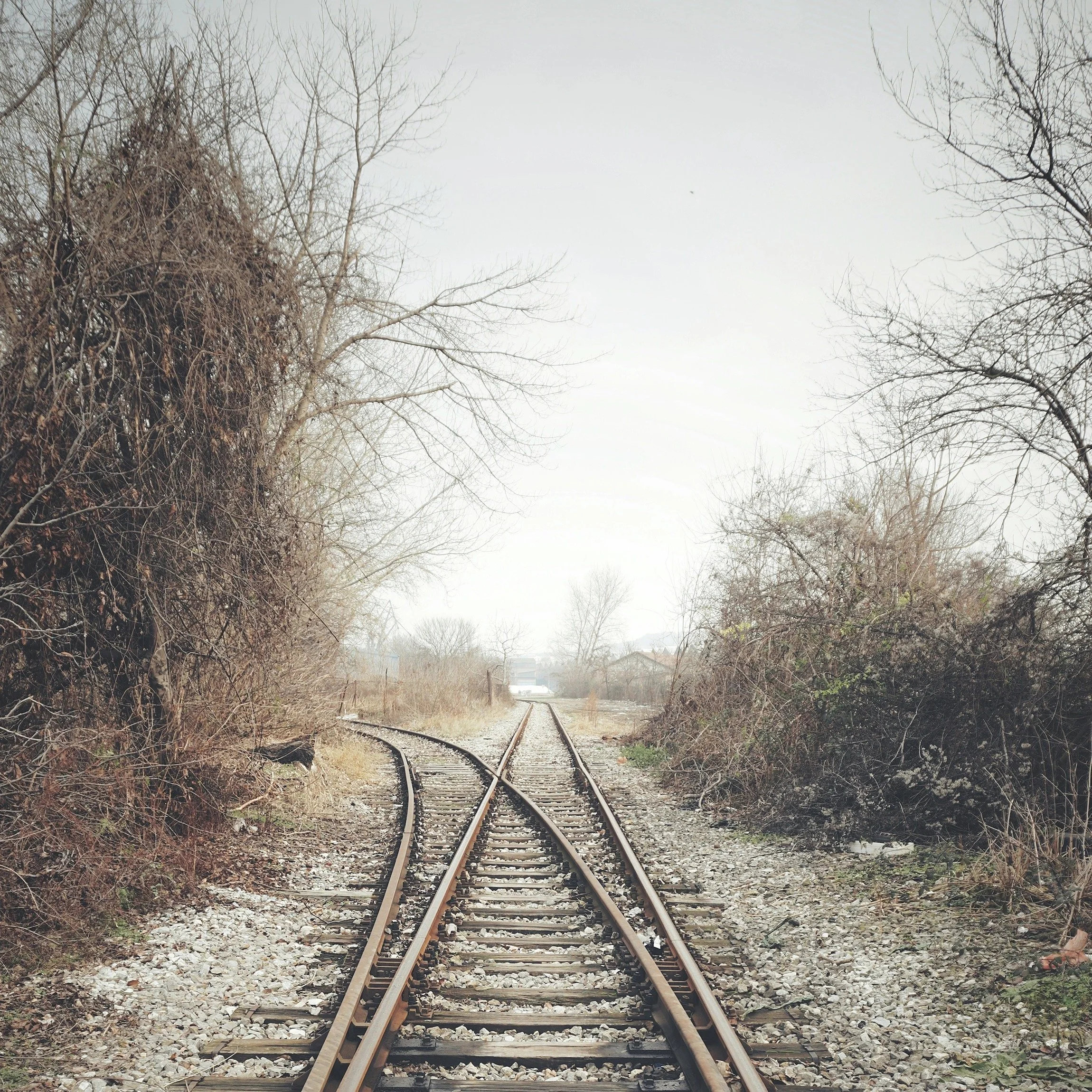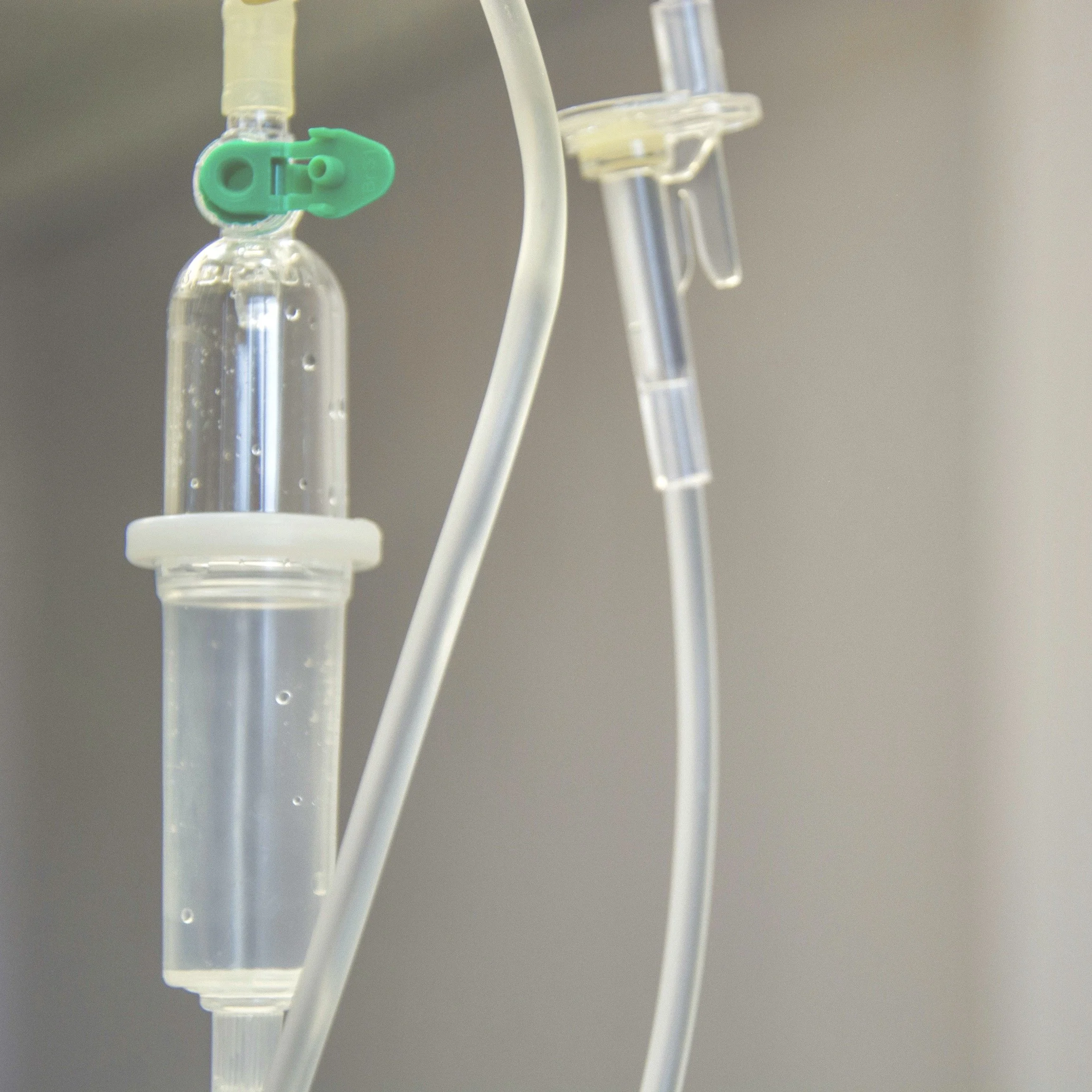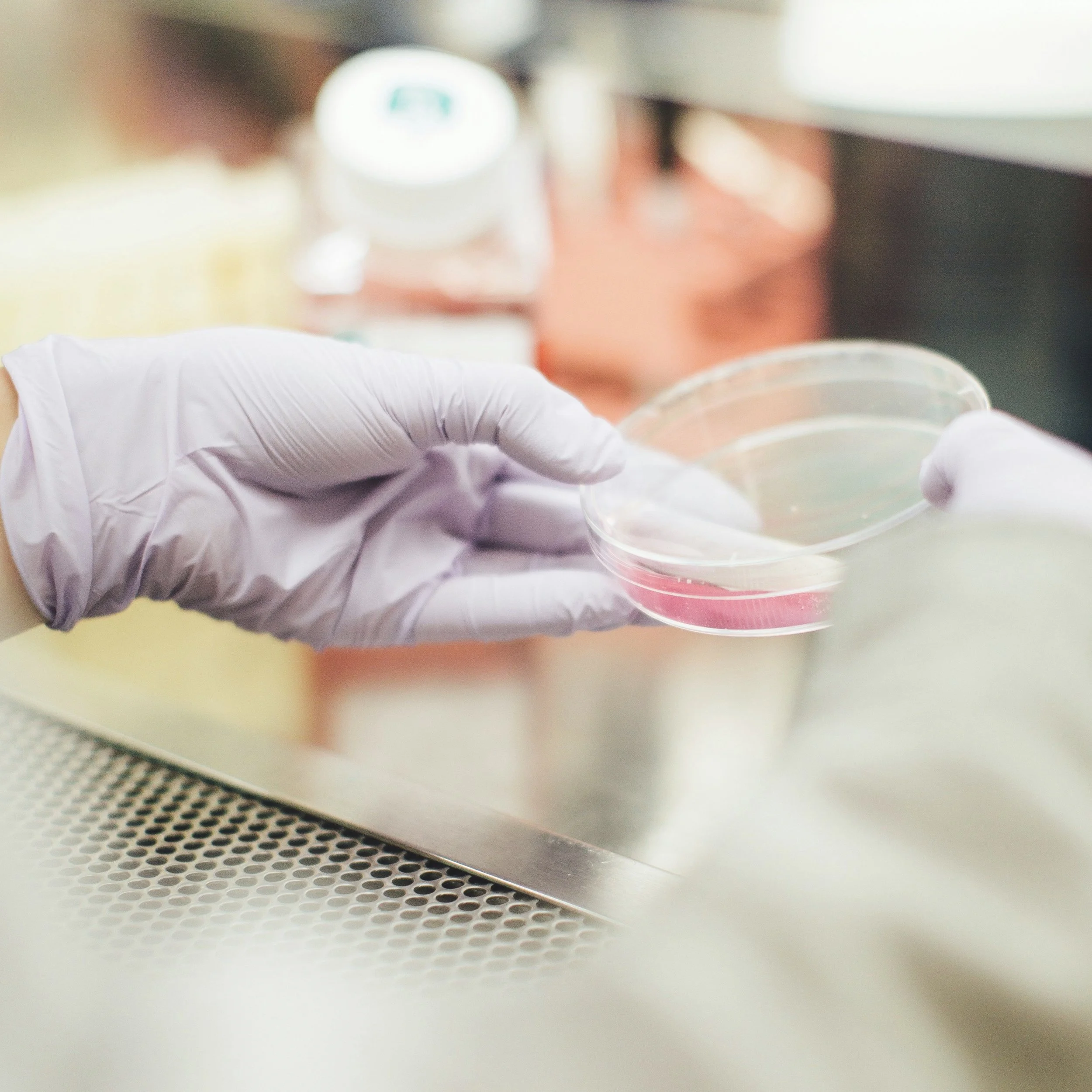The Chemo Debate
Just once I want it to be easy and neat. But no, there is never a good decision. I pick what I can live with.
– Illona Andrews
My husband turned to me the other night and said, quite simply and quite out of the blue, “It’s good to have you back. I missed you.” It had been just over two weeks since the surgery. We were leaning against the kitchen counter as the kids loitered about, and while I felt no particular difference in myself that night, as soon as he said the words, I realized he was right. Not too long ago, I would have crawled into bed by this time of day. I was getting better, not in the stop-and-start way of the first two weeks, but surely and steadily. The drain had come out, which made a bigger difference than I’d expected—showers were less of a production (no lanyard!), the soreness more manageable, return of motion more measurable. I still felt on the constant verge of deep fatigue, my right side still could not move anywhere like my left, the binder and steri-strips were still on, but overall I could sense improvement.
Turns out I improved just in time to face the next big question: should I get chemotherapy? Any cancer visible to the naked eye has been removed, but should adjuvant treatment be administered to kill off any microscopic cells that remain? We had just finished seeing oncologists at two world-class institutions who gave us surprisingly contradictory recommendations, and the call was now ours to make.
The gist of the debate goes like this: my cancer measured one millimeter in greatest continuous size, with no lymph node involvement, placing me squarely in the earliest of staging categories and thus not necessarily requiring systemic treatment. Add to that the not-negligible risk of possibly-permanent peripheral neuropathy (loss of sensation in the fingers) from the chemotherapy agent—a career-ending complication for an eye surgeon—and a lesser risk of heart failure from the immunotherapy agent—and some feel that the toxicities of treatment outweigh any benefit.
On the other hand, the cancer, while small, was numerous, present in over a dozen places—potentially more, if one considers the fact that pathology sections were spaced three millimeters apart. And it is the most aggressive type, tending to spread within the first five years, with a predilection for the brain. There is no systemic surveillance done to catch early recurrence, and the cancer is incurable once it spreads, whereas treating now is essentially curative, more so than for any other type of breast cancer. The doctors on this side of the debate tend to minimize treatment risks, pointing to measures that can be used to prevent peripheral neuropathy and insisting that the risk of heart failure in a young person without preexisting heart disease is extremely low.
At first, this all felt like gaslighting of the worst kind: am I “already cured,” as one doctor insisted? Or should I receive “curative treatment” for a disease that, while unlikely to recur, could kill me before the age of fifty if it did? There are few objective facts available: no precise numbers for recurrence risk, no randomized clinical trials targeting my specific situation. It all felt mildly cruel, the latest in a series of unpleasant surprises in which I’m forced to make a decision about my body that I don’t want to have to make. If I need to put poison in my veins, it seems like someone else should be telling me to do it.
But in the end, this pulls back the curtain on realities about medicine that I already know: it is not a science, but an art. There are many gray areas in which data is limited or non-existent, and decisions are driven instead by some combination of experience, gut feeling, philosophical approach, knowledge of the patient, and risk tolerance. Oncologists seem sure of their opinions, but if you live in a gray zone, ask around enough and you will find differences—and this points not to any one doctor’s inadequacies, but the natural limitations of what we can know for sure about this type of disease and the medicines we have to treat it.
In the end, I realize that the odds are in my favor either way. I’m lucky to have this choice. There is no right or wrong answer. I could very well decide to stop here, decide that all of life is a matter of risk, that I don’t want to give up the next year of my life or expose my body to toxic medications. We ended up asking other oncologists for advice, and they all agreed that would be a reasonable decision—but most leaned towards treatment. And I somehow knew I had already made that decision: I can’t walk away, knowing this thing could come back one day in my lungs or liver, my bones or brain, and that there was something I could have done about it. I have too much life left to live, too many years I want to spend standing with my husband at the kitchen counter while the kids loiter nearby. The risk that it comes back is small, perhaps, but if there’s anything I can do to make it smaller, I’ll do it.





